Home › Style › Men
7 Men’s Underwear Fabrics You Need to Know About
Published on:
It’s a misconception that men don’t pay attention to the type of undies they wear. In fact, they are not only aware of the types of underwear available; they even check out the fabrics used to make the underwear they want to buy. That explains why men’s underwear is a billion-dollar industry.
If you’re the kind of guy who likes wearing stylish underwear but doesn’t have an idea about the types of fabrics available, this guide will explain everything. You will have a clear idea of what fabric is the most comfortable and the pros and cons of each.
Contents
History of men’s underwear fabrics
Previously, cotton was the most prevalent fabric for men’s underwear. Its softness ensures that you don’t have to scratch down there in public places. But with changing preferences, many other fabrics entered the market.
The men’s underwear industry started experimenting with different fabrics, such as silk, polyester, viscose, modal, and nylon, to see whether people are accepting them or not. Manufacturers started blending spandex with these fabrics to test their comfort level, durability, and quality. Let’s take a look at some of these fabrics and where' they stand in the men’s underwear industry.
1. Cotton

Cotton is often the go-to fabric when it comes to manufacturing underwear. It is lightweight and soft, making it the ideal fabric to wear underneath fancy clothes. Cotton is a breathable fabric, thanks to its tiny pores. It keeps the air circulation and ventilation going to not feel uncomfortable in hot and humid conditions. This fabric is popular for its moisture resistance and high absorbency. Therefore, it can keep your underwear dry even during the hottest day of the summer.
Another advantage of using cotton in men’s underwear is it gets stronger as you wash it. You will notice cotton underwear becoming softer and more comfortable as it grows old. It can successfully withstand bleach, detergent, and heat, thus making it a durable fabric.
2. Viscose
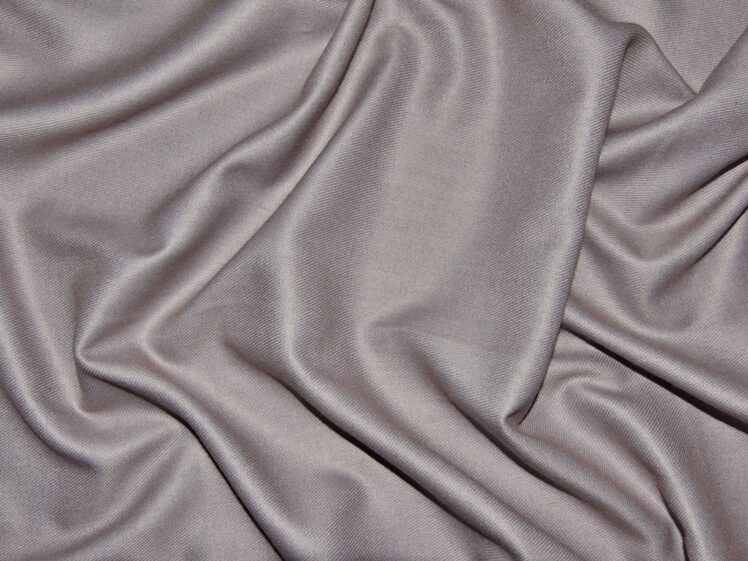
Viscose is the toughest competitor of cotton. It has all the properties of cotton and isn’t as expensive. Previously, people used viscose to make men’s and women’s clothes, but the fabric became so popular that underwear manufacturers thought of giving it a shot to make underwear as well.
Companies like bamboounderwear.com now use only viscose and spandex to make their men’s underwear. The brand feels that the material’s lightweight nature and ability to dry quickly make it the ideal fabric for men’s and women’s underwear. Bamboo Underwear uses as much as 95% viscose in its men’s underwear, which proves how incredible this fabric is. It doesn’t shrink after you wash it and maintains the shape of the underwear for years.
3. Nylon
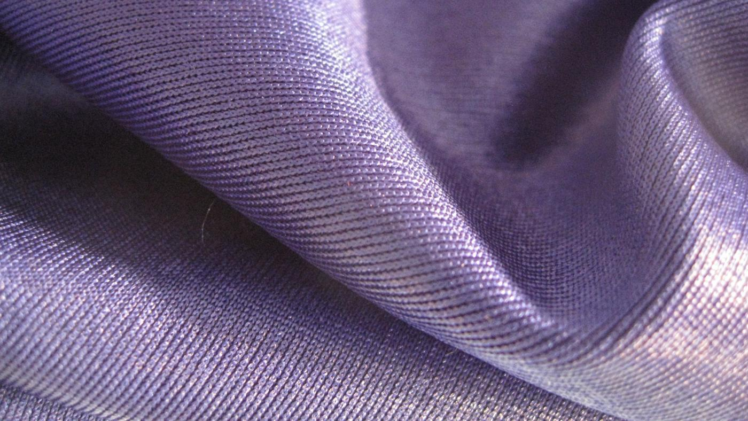
Nylon was the alter-native to cotton before viscose came into the picture. One of the reasons why nylon is such a popular underwear fabric is its durability. Nylon’s excellent tenacity makes it one of the most durable fabrics for any type of clothing. Added to that is its color-retention capacity. Nylon is a fabric that retains its color for years even if you wash it multiple times. Its smooth texture has incredible abrasion resistance.
You will notice manufacturers using nylon in swimming costumes. Its heat conductivity ensures that the fabric doesn’t let heat pass through. That’s why it’s an ideal fabric for winters rather than summers.
4. Polyester
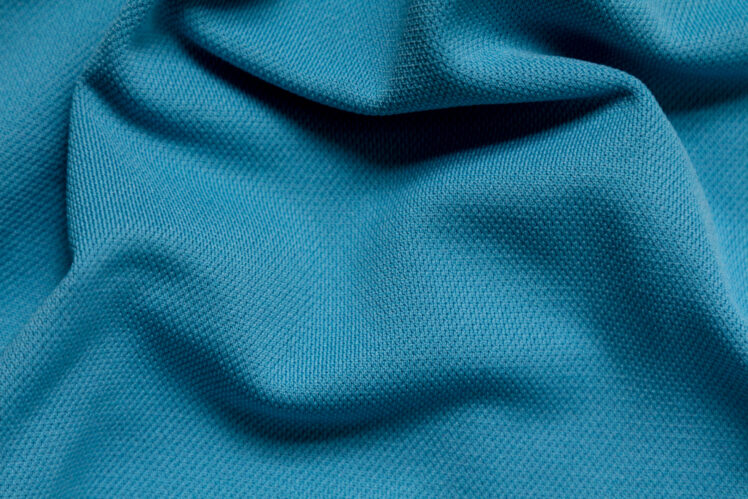
Manufacturers usually blend polyester with cotton to make highly stretchable underwear. Like nylon, polyester also has a smooth texture. It is so lightweight that you may feel that you are not wearing anything underneath. Polyester also doesn’t wrinkle easily, dries quickly, and doesn’t shrink or stretch. Polyester underwear lasts a long time, but it isn’t the most comfortable fabric.
Polyester is suitable for the bikini season. Its high absorbency doesn’t make it an ideal fabric for the summer. You may wear polyester underwear to the beach, but it would be a mistake to wear it under a suit if you plan to attend a meeting where' the temperature would be high. It will make you feel extremely uncomfortable.
5. Modal
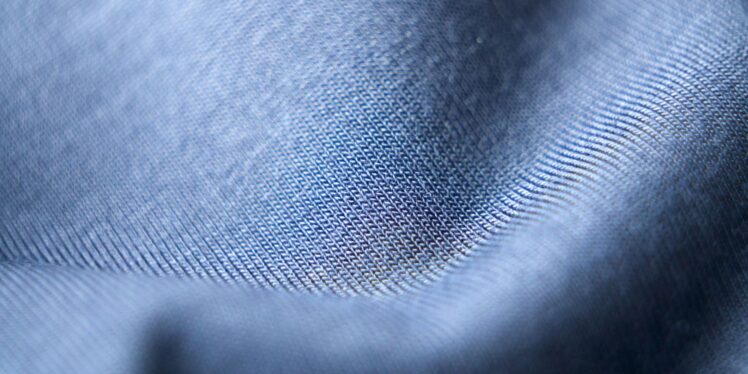
Modal is the softest fabric on earth. It has 50% more water-absorbent capacity than cotton. Its soft and silky texture makes it an ideal fabric for men’s underwear. Modal has high wet strength. It is wear-resistant and can withstand multiple machine washes. The fabric stays soft and absorbent for years.
But is it the best fabric for all seasons? No. Modal is only suitable for summers. The lightweight fabric feels cozy in the hot and humid weather, but it doesn’t do a good job of keeping you warm during winters. You also shouldn’t wear modal underwear while working out. It may stick to your body, making you feel uncomfortable.
6. SilkThey
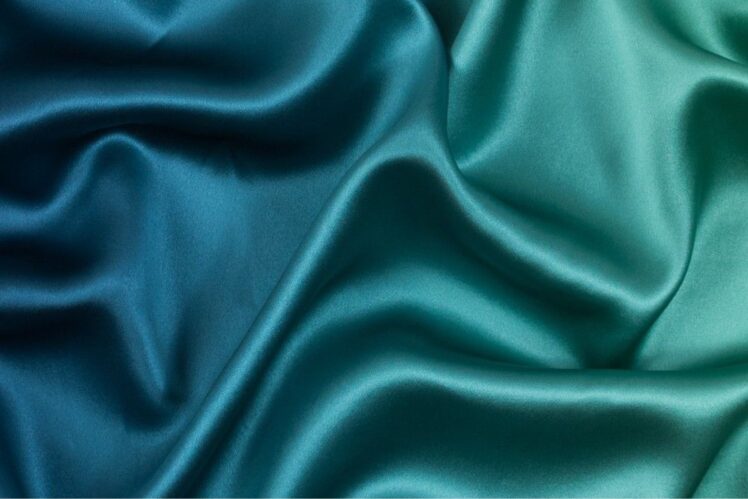
You don’t often see someone wear silk underwear because of its cost. Silk feels stylish and sleek because of its smooth texture. You shouldn’t think of wearing silk underwear regularly because it can make you feel quite uncomfortable. It doesn’t allow heat to pass. Therefore, it’s the best fabric for winters. It creates an insulating layer between- your garments and underwear. Silk’s durability makes it a long-lasting fabric for the men’s underwear industry.
However, unlike cotton, silk doesn’t provide support to your private parts. This makes it inappropriate for daily use. Most manufacturers consider silk for making novelty underwear.
7. Elastane
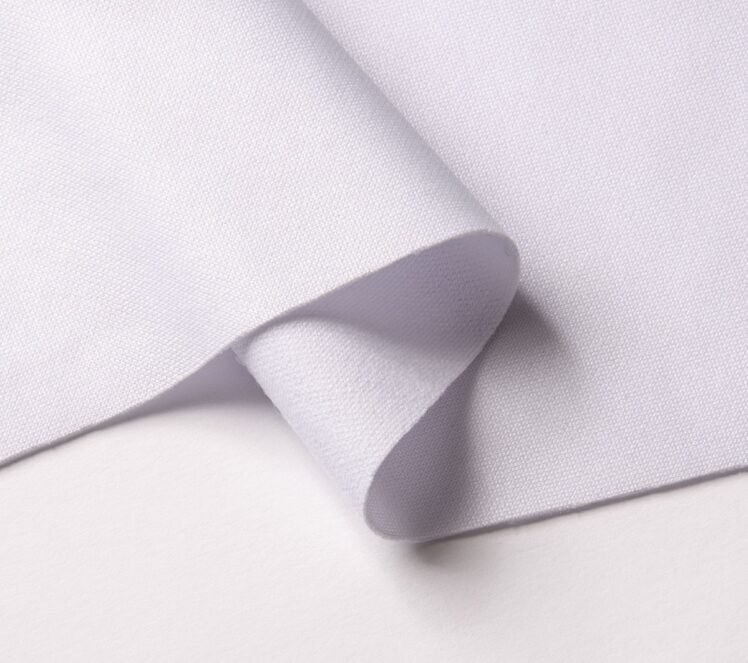
Elastane goes by the name of spandex and lycra. It’s what keeps the underwear’s elasticity going. Manufacturers combine elastane with other fabrics like the ones mentioned above. Almost every type of men’s underwear consists of elastane that holds on to your waist.
Each fabric comes with unique pros and cons, but if you’re looking for one with the fewest downsides, then go for viscose. It’s wise to invest in viscose underwear as they are soft and durable and suitable for all seasons. They are not as expensive as cotton, nylon, or silk underwear. You can expect them to maintain their shape for years, even if you wash them frequently.
Share With Your Friends